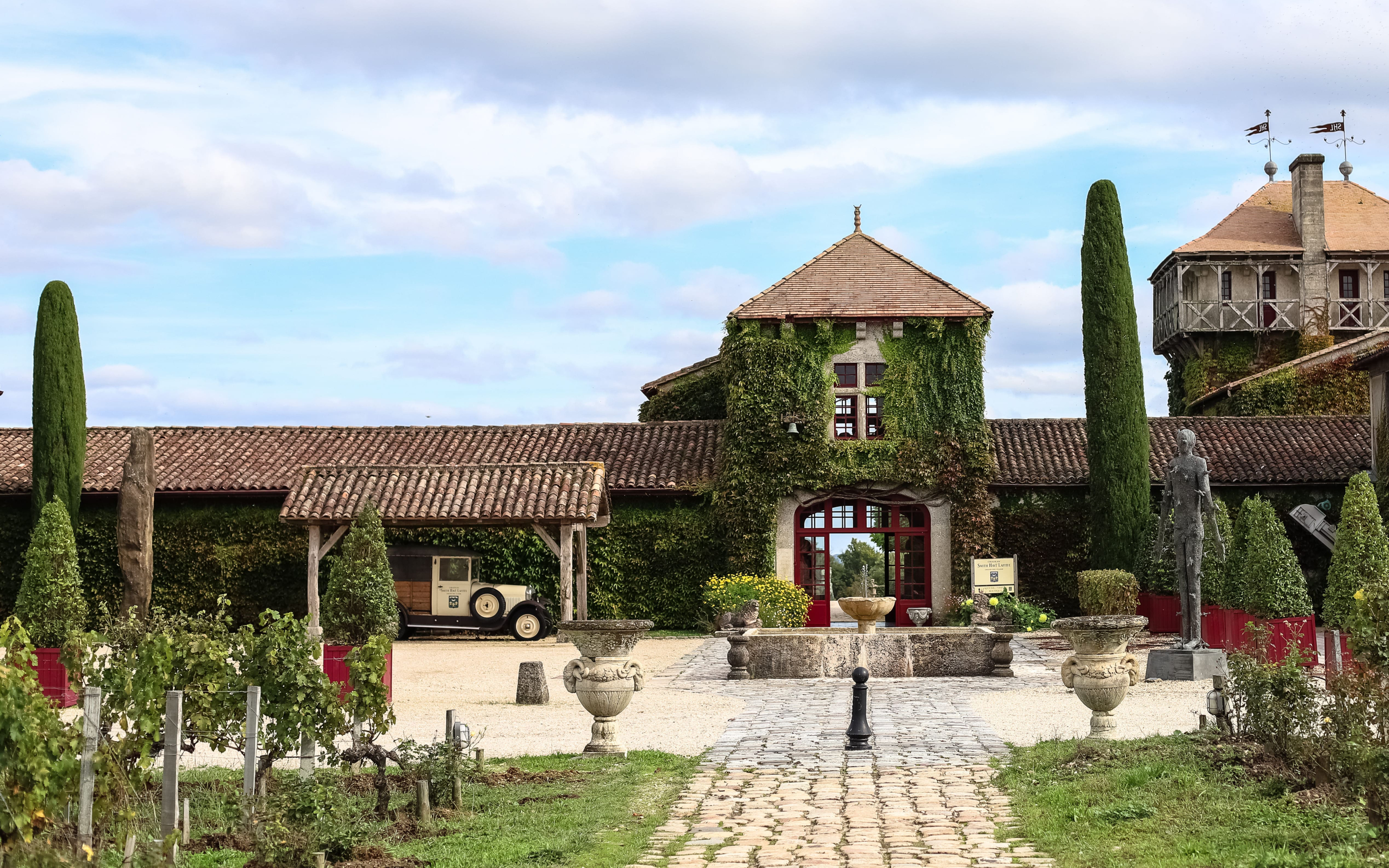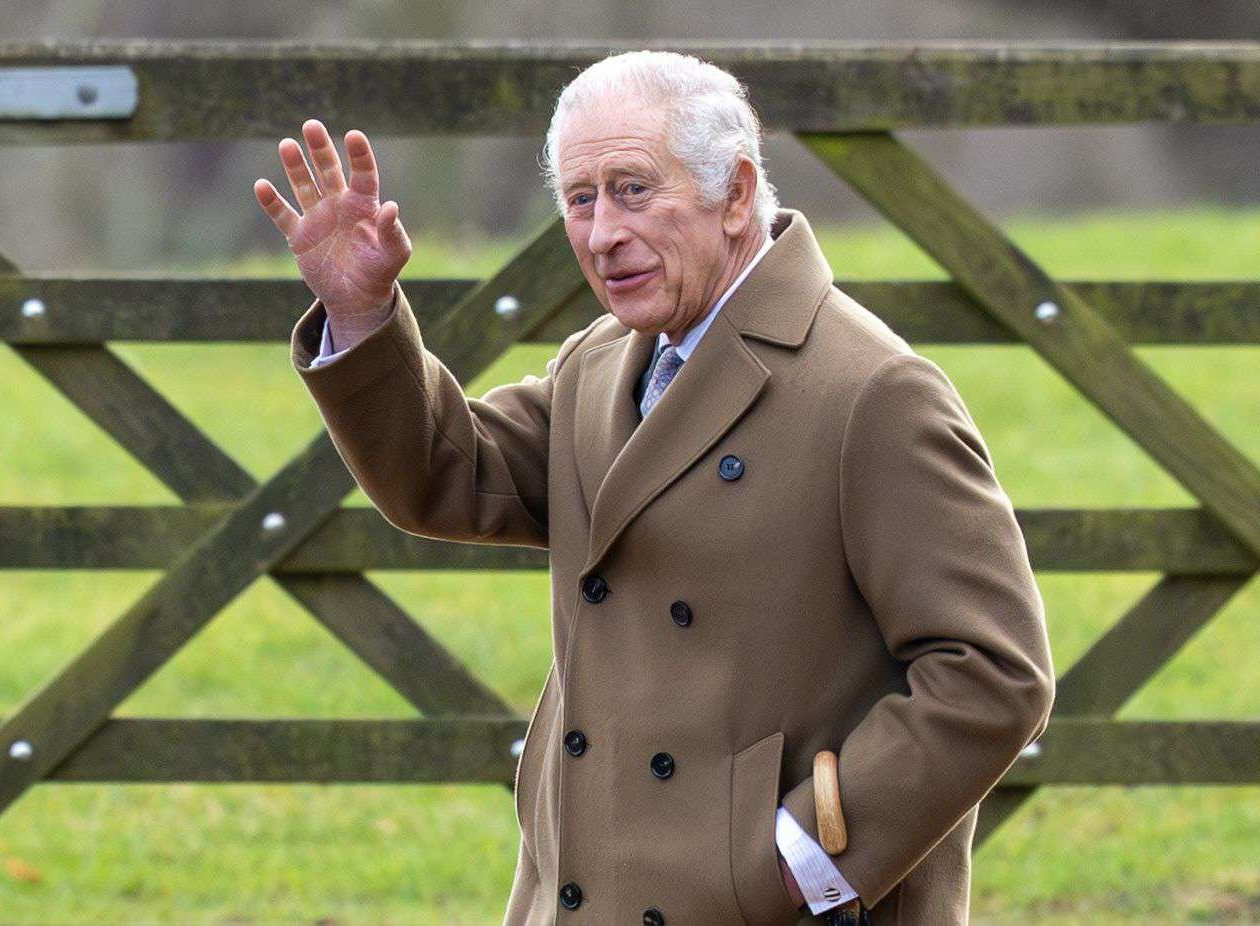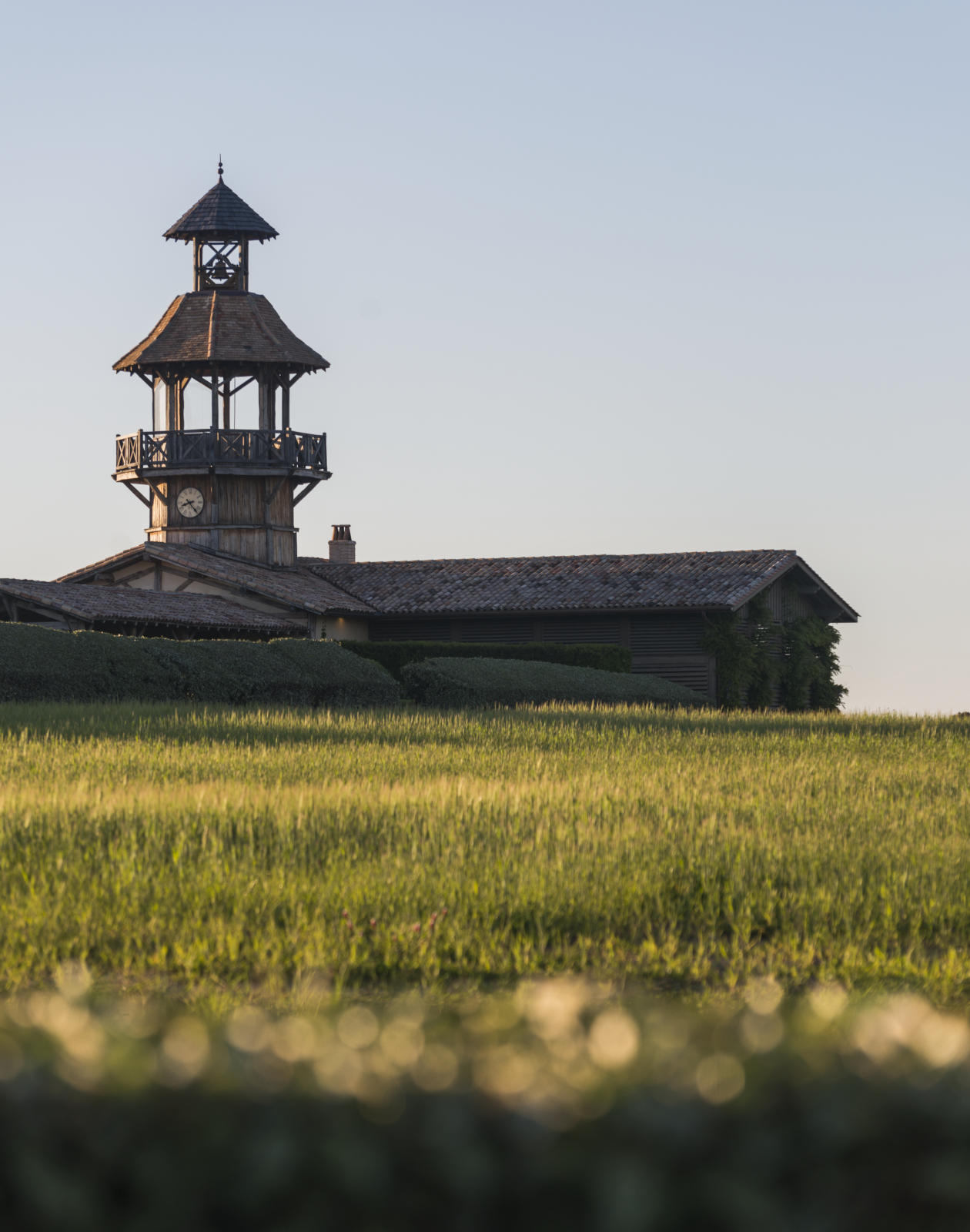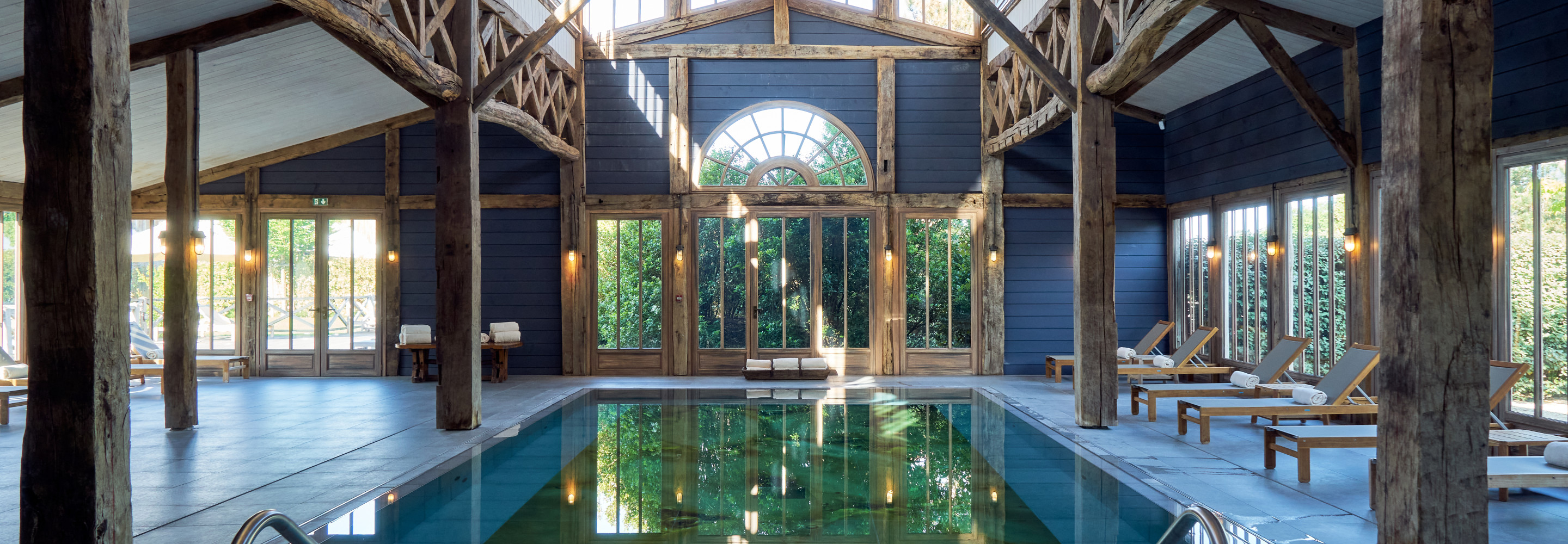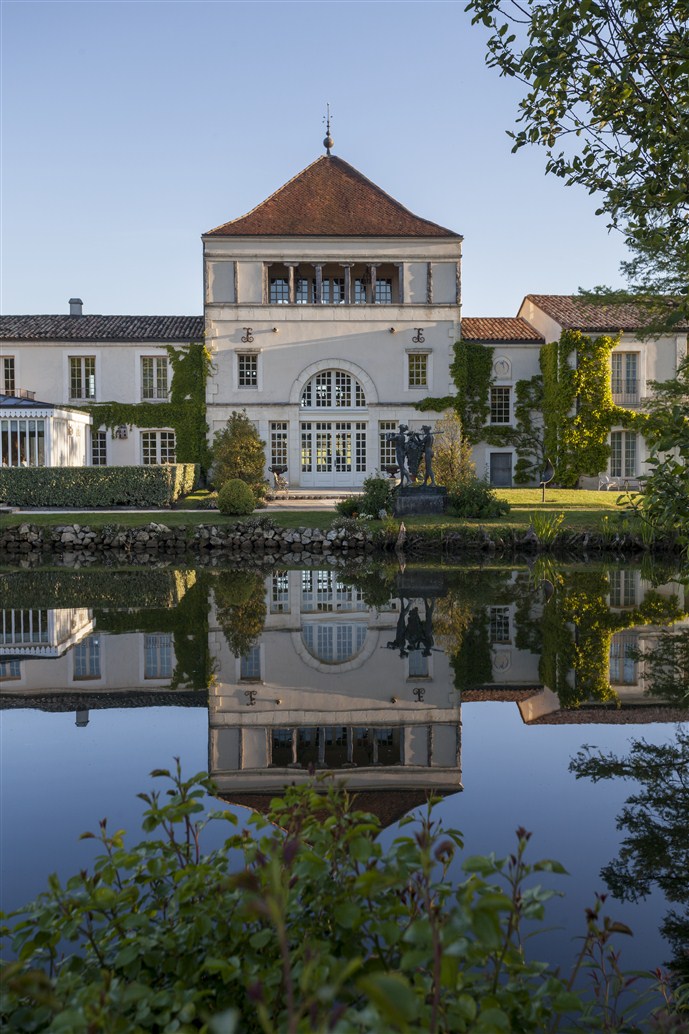King Charles III, a Pioneer of Ecology
It is worth remembering that King Charles III has always given nature a special place in his life. As early as the 1960s, he publicly advocated for environmental protection. A true pioneer in ecological matters — long before it became fashionable — Prince Charles turned to the gardens of Highgrove House, his country manor. His goal? To make these gardens an ecological, educational, and economic model. It is fair to say that he has succeeded.
A vegetable garden, a wild garden home to hundreds of different plant species — including the largest collection of beeches in the United Kingdom — and an ecological farm spanning 364 hectares of land whose produce is sold by the estate… The garden is even open to school groups to raise environmental awareness among younger generations. Today, Highgrove House stands as a major economic hub for Gloucestershire, being the county’s leading employer.
